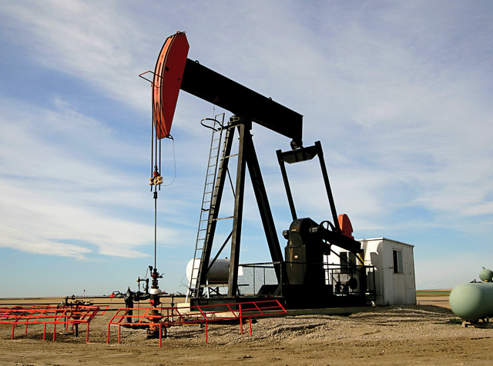
Crude oil on Wednesday traded above $85 a barrel and neared a four-year high, supported by expectations that U.S. sanctions on Iran will tighten supply and strain the ability of Saudi Arabia and other producers to pump more.
Crude exports from Iran, OPEC’s third-largest producer, are already falling as the U.S. sanctions kicking in on Nov. 4 deters buyers. The drop in exports is reducing the impact of an OPEC production increase agreed in June.
Brent crude, the global benchmark, was up 38 cents at $85.18 a barrel at 0833 GMT. It reached $85.45 on Monday, its highest level since November 2014. U.S. crude was up 24 cents at $75.47.
With Iranian exports expected to fall further, analysts say there may not be enough spare production capacity in the short term to meet demand, potentially requiring large withdrawals from storage.
“Iran is the main supportive factor and is a test to the spare capacity of Saudi Arabia,” said Olivier Jakob, analyst at Petromatrix.
“The fact that Saudi Arabia has been timid in its reaction has reinforced the notion there is limited spare capacity available.”
The Organization of the Petroleum Exporting Countries, plus allies including Russia, have been limiting supply since 2017 to get rid of a glut. They partially relaxed the cut in June, under pressure from U.S. President, Donald Trump, to cool prices.
OPEC has so far ruled out any further production increase, beyond delivering the boost agreed in June, despite prices rallying further and more pressure from Trump.
Russia’s Energy Minister, Alexander Novak, said on Wednesday the market has more or less stabilized but many uncertainties remain, including the sanctions on Iran, and could push prices higher.
Nonetheless, a strong dollar, DXY, which makes oil imports more expensive for countries using other currencies, as well as an industry report showing rising inventories in the United States limited the rally.
U.S. crude inventories rose by 907,000 barrels in the week to Sept. 28 to 400.9 million, the American Petroleum Institute said on Tuesday, ahead of Wednesday’s official supply report due at 1430 GMT.
Agency Report